-
 Unleashing Your Brain’s Full Potential Before Noon
Unleashing Your Brain’s Full Potential Before NoonThe initial few hours post-waking up define how your day will be spent either with a clear mind or lagging behind in some mental daze. The phenomenon of sleep inertia an interim grogginess that can take of between two hours and minutes after waking is a real impairment of cognition and not inconvenience. Luckily, there are certain morning habits, which are proven scientifically to activate the brain areas responsible to focus, be alert and persevere attention. This knowledge of these neurobiological processes explains why some routines have a huge outperforming rate in improving cognitive functions and mental clarity compared to others.
-
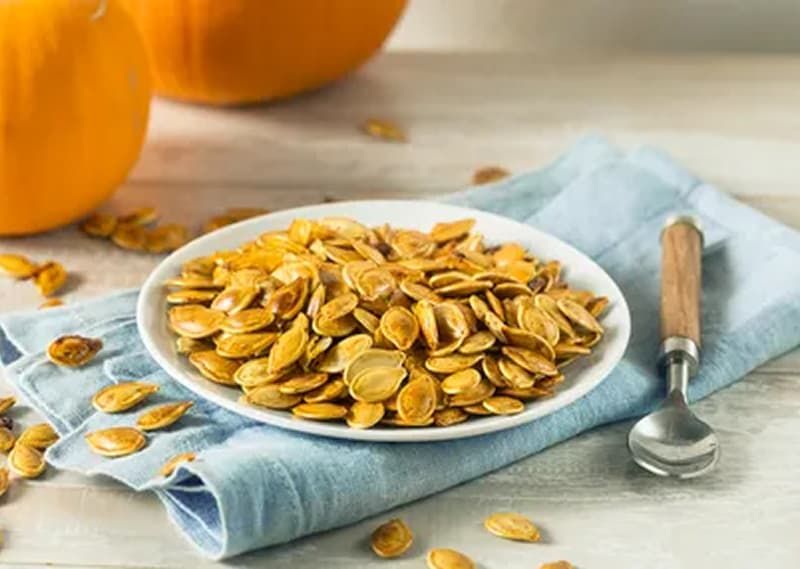 Why Pumpkin Seeds Are the Perfect Fall Snack for Weight Loss and Better Sleep
Why Pumpkin Seeds Are the Perfect Fall Snack for Weight Loss and Better SleepComfort foods have a tendency to dominate when the fall season comes around: pies, spiced lattes, and pastries of every kind, etc. Yet of all the luxuries of the season, one humble foodstuff checks the “healthy" and "comforting” boxes quietly: pumpkin seeds. These nutty seeds are healthy seeds that are crunchy and nutritious and not only help people manage their weight but also have a deeper and restful sleep. And unlike so-called superfoods, they have their benefits, which are based on measurable science.
-
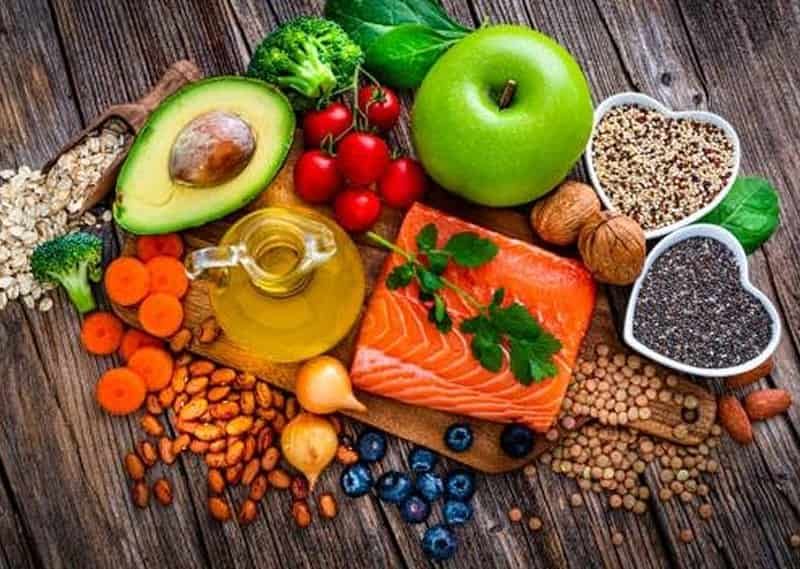 8 Foods That Keep You Refreshed and Replenished
8 Foods That Keep You Refreshed and ReplenishedWhenever the majority of individuals consider the concept of hydration, bottled water and electrolytes come to mind. However, surprisingly, the food you eat can contribute up to 20 per cent of the daily amount of water. Some fruits and vegetables contain natural water and are full of vitamins, minerals, and fiber which supplements the way your body stores and uses moisture. We are going to discuss eight scientifically known hydrating foods that do not only satisfy your thirst, they also keep your body balanced, energized, and shiny on the inside.
-
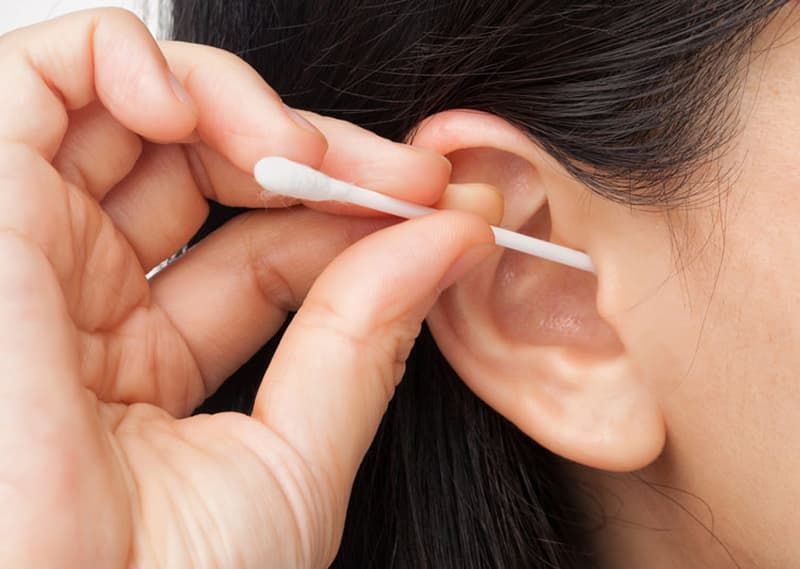 Why Cotton Swabs Endanger Your Ears
Why Cotton Swabs Endanger Your EarsCotton swabs, otherwise known as Q-tips, have been available on store shelves in the form of general-use cleaning tools for decades. They are frequently the default go-to option when someone believes that their ears are clogged with wax. The practice appears harmless: a few turns into the ear canal, some pressure, and whatever seems to be extraneous debris is dislodged. Nevertheless, ear experts always caution against such a move. Instead of offering a soothing cleaning, inserting a cotton swab into the ear canal can release a chain of disease from wax impaction to permanent hearing loss.
-
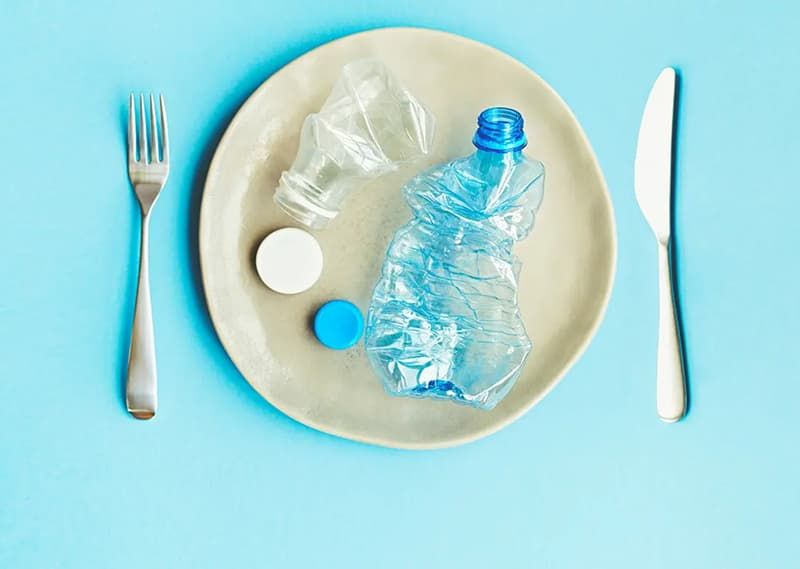 Why We Need to Stop Eating Plastic And the 7 Everyday Items Making It Worse
Why We Need to Stop Eating Plastic And the 7 Everyday Items Making It WorseIt is so disheartening that whenever you take a drink of water or bite a food you still swallow plastic. However, it has been discovered by scientists that the daily intake of microplastics by the average person may amount to up to a credit card full each week. These particles are all around us, floating in the sea, and flying in the air and even stealing into our food. Micro plastics are not only an environmental issue, but it is a personal issue as well. They are detected in human blood diets and a lung, some even breast milk and the questions raised regarding their long-term consequences are of necessity. Scientists speculate that extended exposure may have a role in inflammation, hormonal implications, even an increased risk of some disease, with much yet to be discovered on the impacts of such exposure.
-
 How Much Water Your Body Actually Needs
How Much Water Your Body Actually NeedsThe ubiquitous directive to “drink eight glasses a day” is simple to write but false. Fluid needs vary with body size, activity, climate, diet, and state of health. One widely cited reference by the U.S. National Academies estimates average total daily fluid intake—both drink and food water—at about 3.7 liters for men and 2.7 liters for women. Those amounts work out to roughly 125 and 91 US fluid ounces. Because roughly twenty percent of the fluid requirement for a typical day comes from food, what you have to drink is less than the total requirement.
-
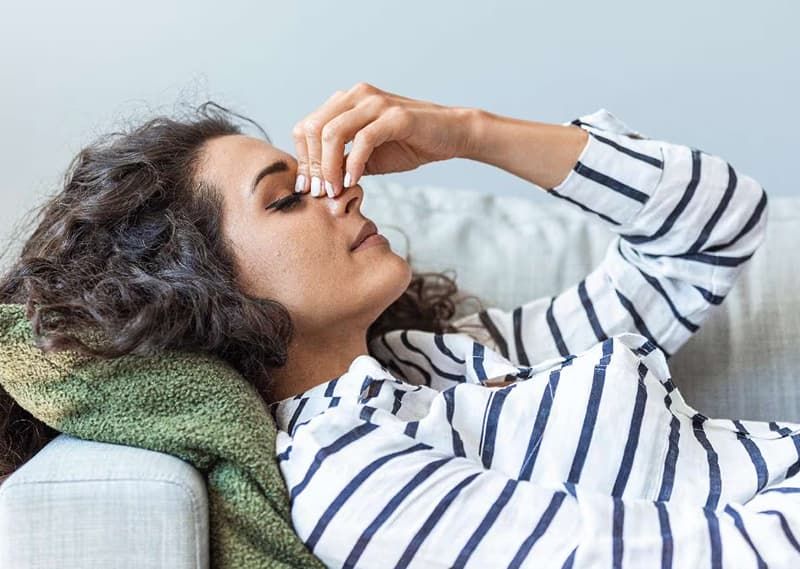 Period Fatigue and How to Deal with It
Period Fatigue and How to Deal with ItIf you menstruate, you understand the feeling: the morning alarm clock sounds, and despite a rejuvenating evening’s sleep, your body is heavy, tired, and utterly spent. Lethargy that strikes at your period is more than “in your head.” Physicians verify it’s the very real physiological symptom brought on through an interaction of fluctuating hormones, blood loss, and lifestyle issues. The great news? If you know what’s going on within your body, there are actionable steps that you can do in order to beat the sluggishness and regain your vitality.
-
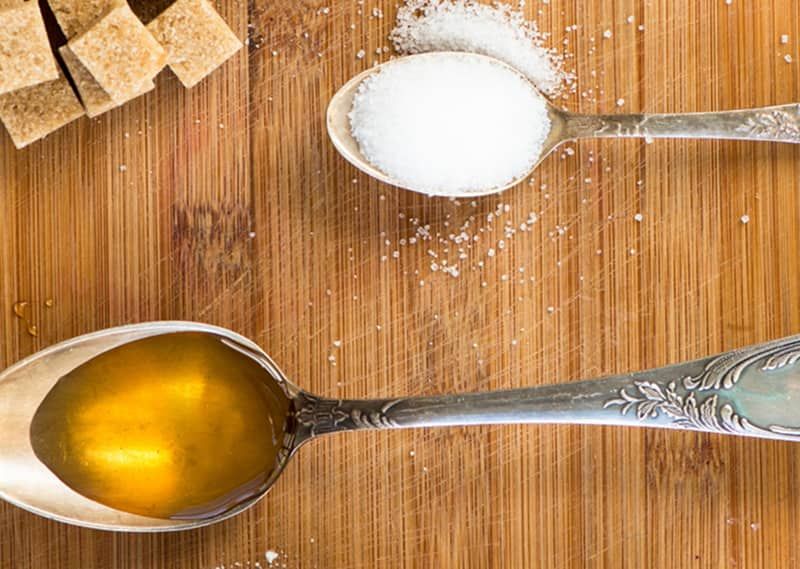 Corn Syrup or Cane Sugar: Which One Is Really Better for You?
Corn Syrup or Cane Sugar: Which One Is Really Better for You?Sugar’s in everything — fizzy beverages, cereals, baked foods, and condiments. But all sugars are not equal. For decades, two titans of the sweetener world have been battling it out: corn syrup (to be specific, high-fructose corn syrup, or HFCS) vs. cane sugar (sucrose). As health more and more becomes a top-of-\-mind consumer priority, all anyone cares to know is: is cane sugar necessarily a healthier alternative to corn syrup, or an exercise in hype and nostalgia? First, let’s dig up some facts and sort through some science behind the two rival sweeteners so you can make a more informed decision.
Trending Articles
-
01.
Corn Syrup or Cane Sugar: Which One Is Really Better for You?
-
02.
What You Need to Know about Variable Life Insurance
-
03.
How to Determine if You Have Colon Polyps?
-
04.
Top 5 Dishwashers You Should Grab for 2025
-
05.
Top Accommodation Choices for Budget Travelers
-
06.
Top 5 Best Cash-Back Business Credit Cards to Maximize Your Rewards in 2025




